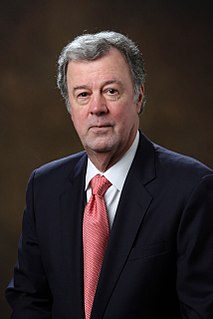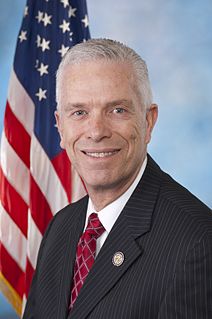A Quote by M. F. K. Fisher
Sharing our meals should be a joyful and a trustful act, rather than the cursory fulfillment of our social obligations.
Quote Topics
Related Quotes
When we truly understand what it means to love as Jesus Christ loves us, the confusion clears and our priorities align. Our walk as disciples of Christ becomes more joyful. Our lives take on new meaning. Our relationship with our Heavenly Father becomes more profound. Obedience becomes a joy rather than a burden.
The human heart is the first home of democracy. It is where we embrace our questions: Can we be equitable? Can we be generous? Can we listen with our whole beings, not just our minds, and offer our attention rather than our opinion? And do we have enough resolve in our hearts to act courageously, relentlessly, without giving up, trusting our fellow citizens to join us in our determined pursuit-a living democracy?
For Social Security to be financially sound, the federal government should have $100 trillion - a sum of money six-and-a-half times the size of our entire economy - in the bank and earning interest right now. But it doesn't. And while many believe that Social Security represents our greatest entitlement problem, Medicare is six times larger in terms of unfunded obligations.
Rather than protecting music as a sublimely meaningless activity that has managed to escape social signification, I insist on treating it as a medium that participates in social formation by influencing the ways we perceive our feelings, our bodies, our desires, our very subjectivities - even if it does so surreptitiously, without most of us knowning how. It is too important a cultural force to be shrouded by mystified notions of Romantic transcendence.
We are not perfect. But we have doubtlessly fulfilled our obligations to the EU to a greater degree than the EU has its obligations to Italy, when it comes to the relocation or repatriation of refugees that are in our country. Italy does its homework better than the rest of Europe. Instead of the 160,000 migrants that were to be distributed across Europe, we are currently at 300.
We rarely use much debt and, when we do, we attempt to structure it on a long-term fixed rate basis. We will reject interesting opportunities rather than over-leverage our balance sheet. This conservatism has penalized our results but it is the only behavior that leaves us comfortable, considering our fiduciary obligations to policyholders, depositors, lenders and the many equity holders who have committed unusually large portions of their net worth to our care.




































